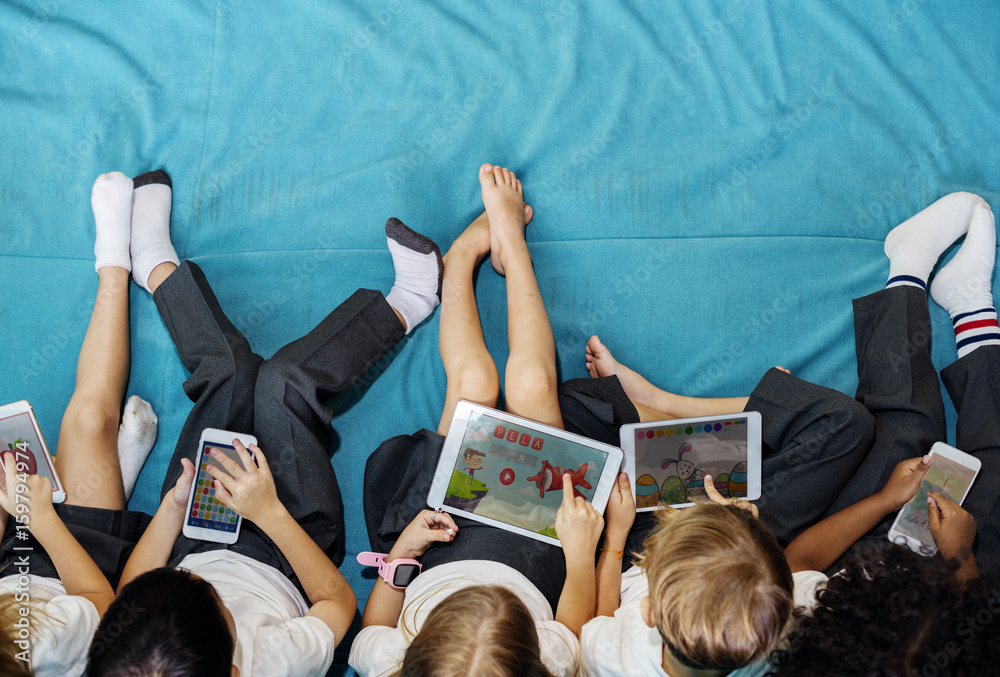
As concerns about adolescents’ mental health continue to rise, US Surgeon General Dr. Vivek Murthy is speaking out about the age at which he thinks it’s wise for them to use social media. Despite many popular platforms allowing kids as young as 13 to open their own accounts, citing this age group’s developmental need to figure out their identity and research indicating how social media can be harmful, he believes that’s far too young.
In my experience, it’s more complicated; whereas some teens benefit greatly from social media, others become self-critical, anxious, and depressed. Many variables affect the outcome.
The universal challenge for young people isn’t navigating social media per se, but rather managing their use of screens more generally. Whether it’s scrolling through social media or, just as often, engaging in online gaming, once they are invested it is terribly hard for kids to stop these activities. This is, in my opinion, the number one cause of conflicts between parents and young teens or tweens, as well as problems that arise in performance in school and extracurricular activities.
Simply put, the design of online activities causes kids to become “addicted.” The feel-good hormone dopamine released in their brains makes them desperate to keep doing whatever is giving them pleasure. That is why they argue with their parents, sneak around behind their backs, or lie–anything to avoid withdrawing from dopamine. And this is why parents describe being understandably upset and worried when normally easygoing, compliant, and rule-following kids turn entirely different when screens are involved.
As reported by CNN, “The surgeon general similarly addressed addictive algorithms, explaining pitting adolescents against Big Tech is ‘just not a fair fight.’ He told CNN, ‘You have some of the best designers and product developers in the world who have designed these products to make sure people are maximizing the amount of time they spend on these platforms. And if we tell a child, use the force of your willpower to control how much time you’re spending, you’re pitting a child against the world’s greatest product designers.'”
What can parents learn from this valid observation? One, it’s not fair to get angry at kids who struggle with self-control around screens. They can’t help it. It’s hard enough for adults, whose brains are far more mature. Two, it’s better to hold off as long as possible before putting young people in this position. When you do green-light screen use, structure it so that kids don’t have access to tempting devices while they are supposed to be doing homework, having family dinners, or sleeping. Consider different rules for weekdays versus weekends. And during times when screen use is restricted, make sure kids have other appealing and constructive activities available.